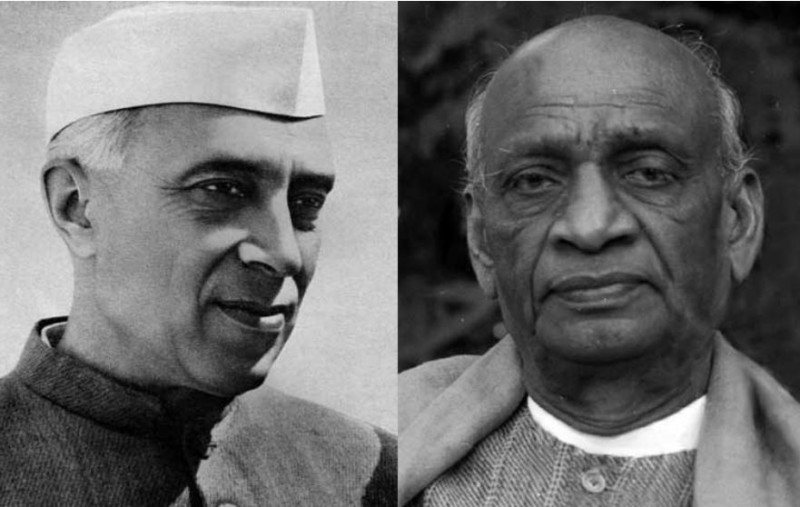
As history unfolds, the decisions of leaders shape the destiny of nations. The path not taken often ignites curiosity, prompting us to ponder what could have been. One of the intriguing "what ifs" in India's history is the hypothetical scenario where Sardar Vallabhbhai Patel, a stalwart leader known for his pragmatism and iron-willed determination, became the first Prime Minister instead of Jawaharlal Nehru. While it's impossible to predict with certainty, delving into this alternate reality provides us with a glimpse of how India's trajectory might have differed under the leadership of the "Iron Man."
A Different Foreign Policy Approach
Sardar Patel's pragmatic approach to governance might have led to distinct foreign policy decisions. While Nehru pursued a non-aligned stance, Patel's realist outlook might have resulted in alliances and international engagements that aligned more closely with India's strategic interests. The geopolitical landscape could have seen shifts in partnerships and diplomatic engagements.
Stronger Focus on Unity and Integration
One of Patel's monumental achievements was the integration of princely states into the Indian Union. His tenacity and ability to forge a united India could have expedited the process of integrating these states, potentially leading to a more cohesive nation from the outset.
Economic Policies and Development
Economically, Patel's vision might have taken a different route. While Nehru advocated for a mixed economy with a significant public sector, Patel's pragmatism might have inclined him towards a more market-oriented approach. This could have influenced India's economic trajectory and industrial development.
Handling of Complex Issues
The handling of complex issues like the Kashmir dispute could have diverged under Patel's leadership. His inclination towards a stronger military approach might have led to different actions and outcomes in resolving the contentious issue.
Diverse International Alliances
The Non-Aligned Movement, a cornerstone of Nehru's foreign policy, might have taken a different shape under Patel. His approach could have led to alternative international alliances and affiliations, potentially altering India's global positioning.
Cultural and Educational Policies
Cultural and educational policies are crucial in shaping a nation's identity. Patel's leadership might have introduced policies with a different emphasis, potentially influencing the social fabric and educational landscape of India.
Leadership Style and Political Landscape
The leadership style of a Prime Minister Patel could have set a distinct tone for India's political dynamics. His pragmatic and firm approach might have engendered a different political culture and discourse.
Impact on Industrialization and Economic Growth
Patel's economic vision might have favored different industries and strategies compared to Nehru's focus on heavy industries. The economic growth trajectory could have taken an altered course.
A New International Image
The projection of India's image on the global stage could have been shaped differently under Patel's leadership. His statesmanship might have left a unique imprint on India's interactions with the world.
In the realm of history, conjecture can only take us so far. The intricate interplay of circumstances, personalities, and events forms the backdrop against which leaders make their mark. While Sardar Patel's leadership undoubtedly left an indelible legacy, pondering the possibility of his premiership offers a tantalizing glimpse into an alternative narrative for India's journey.
Overhauling India's Legal System: From Gender-Neutral Offenses to Stricter Penalties